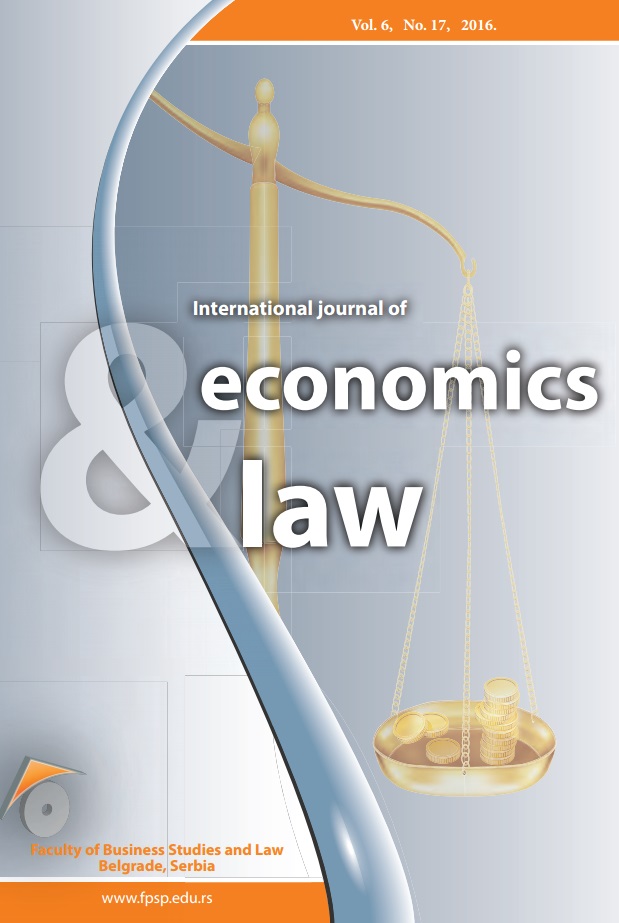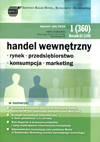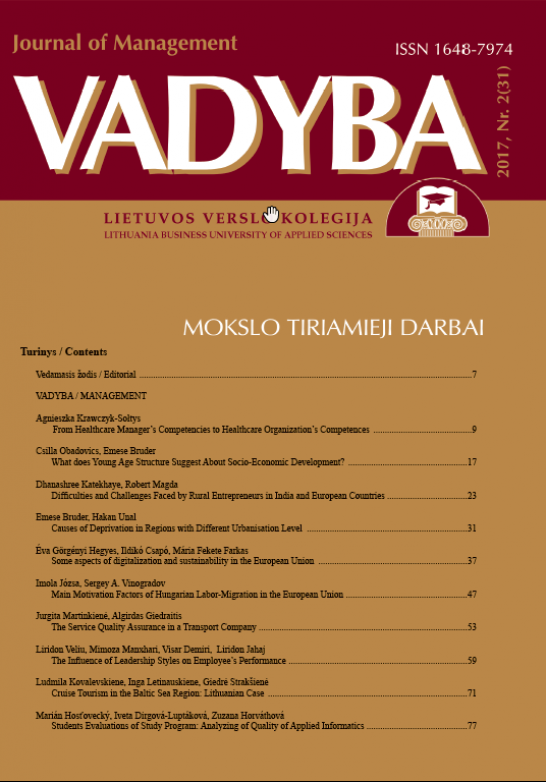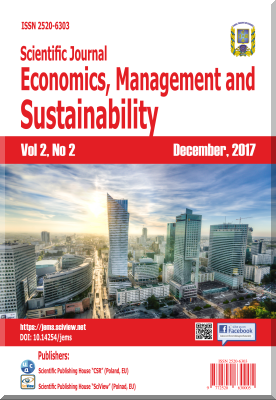
Intra-Organizational Knowledge Transfer Processes
Knowledge is the essential force that pulls up the companies’ strings in the game called “business survival”. Companies that are able to create knowledge, but also to transfer it through the organization and modify it so they can implement it in their knowledge gaps can be called “wise organizations”. The aim of this paper is to confirm the importance of knowledge transfer for sustainable competitive advantage, as well as to explain the circumstances which influence knowledge to be best transmitted from one organizational unit to another. Knowledge transfer is examined as a phase of the knowledge management supply chain. It does not imply a complete replica of knowledge in a new location, but effectual transmission and adaptation of knowledge to recipient’s specific setting. The company has to detect and identify the barriers to knowledge transfer and also has to know how to reduce them. Casual ambiguity, tacitness and lack of motivation to share are often observed as common impediments of knowledge transfer for MNCs. The company, also, has to amplify the potential of knowledge transfer facilitators which are crucial for solid knowledge management. The paper supports the knowledge-based view of the firm.
More...




